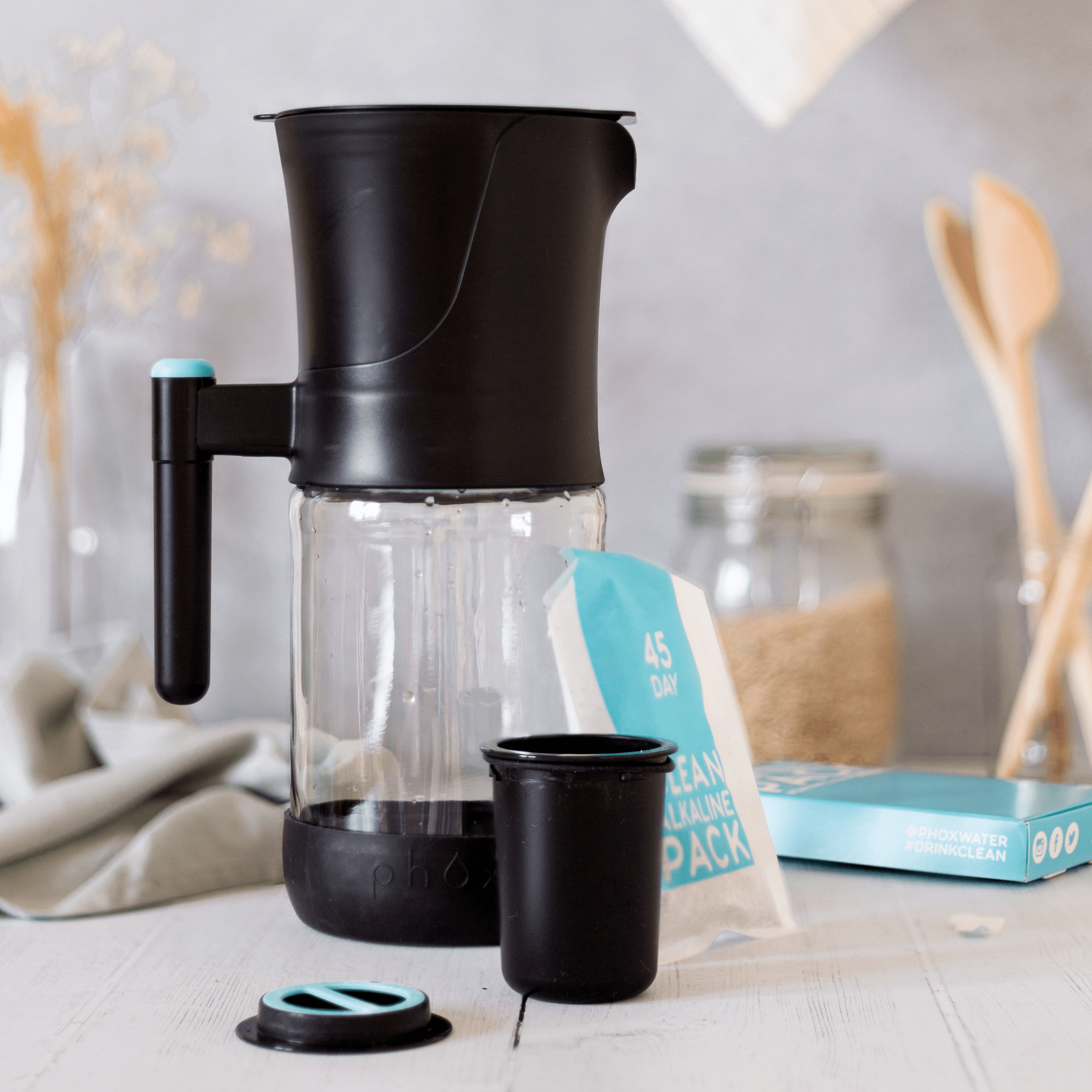5 Truths about Water Consumption: Understanding the Key to Hydration!
Water is the elixir of life, essential for our overall health and well-being. From maintaining bodily functions to regulating body temperature, water consumption plays a vital role in keeping us healthy. However, there are many misconceptions surrounding water intake, leading to confusion over how much water we actually need and the best ways to stay hydrated. In this blog post, we will uncover five truths about water consumption to help you understand the key to proper hydration!

Individual Needs Vary:
One truth about water consumption is that everyone's hydration needs are unique. Factors such as age, weight, activity level, climate, and overall health determine how much water an individual should drink. While the commonly cited recommendation of drinking eight cups of water per day is a good starting point, it may not be suitable for everyone. Listen to your body's cues, including thirst, and adjust your water intake accordingly. Remember that certain conditions like pregnancy, breastfeeding, and illness may increase your hydration needs.
Hydration Extends Beyond Water:
Although water is the primary source of hydration, it's important to note that other beverages and foods contribute to our daily water intake. Fruits and vegetables with high water content, such as watermelon and cucumbers, can be hydrating. Additionally, herbal teas, milk, and certain juices can provide fluids to keep you adequately hydrated. However, be mindful of beverages that contain caffeine or alcohol, as they can have a diuretic effect, leading to increased water loss.

Thirst Isn't Always a Reliable Indicator:
While thirst is one of the body's ways of signalling dehydration, it's not always a foolproof indicator of your hydration status. By the time you feel thirsty, you may already be mildly dehydrated. Therefore, it's essential to establish a regular drinking routine and aim to sip water throughout the day, even if you don't feel thirsty. Carry a reusable water bottle with you to remind yourself to drink water and ensure you're meeting your daily hydration goals.
Hydration and Physical Activity:
Engaging in physical activity increases the body's fluid requirements. When you exercise, you lose water through sweat, and adequate hydration becomes even more crucial. To maintain optimal performance and prevent dehydration, drink water before, during, and after your workouts.
Hydration Myths Debunked:
Several misconceptions surrounding water consumption persist. One common myth is that you must drink eight glasses of water per day, regardless of other factors. As mentioned earlier, individual needs vary, and you should adjust your water intake based on your circumstances. It is also important to note that the amount of water you should be consuming can change as your environment, circumstances and body change! In short, it is crucial to remember that your water intake requirements are subjective!

Understanding the truth about water consumption is vital for maintaining proper hydration. Remember that individual needs vary, and it's important to listen to your body's cues. Hydration goes beyond drinking plain water, as other beverages and water-rich foods can also contribute to your daily intake. Thirst isn't always a reliable indicator, so establish a regular drinking routine to stay adequately hydrated. Finally, debunk common hydration myths and adjust your water intake based on your unique circumstances. By adopting these truths, you can ensure you are meeting your body's hydration needs and promoting overall wellbeing.


